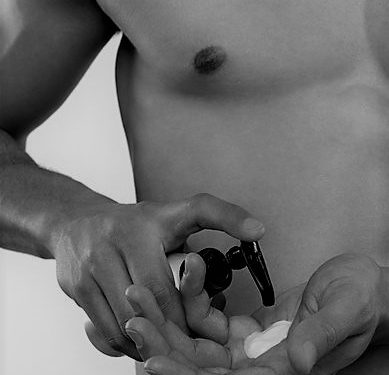According to medical practitioners, masturbation is a normal healthy sexual activity with few side effects. Masturbation is when an individual stimulates his/her genitals for sexual pleasure, which may or may not lead to an orgasm. It is common among men and women of all ages with reasons varying from pleasure, enjoyment, fun and tension release. There are positive effects of masturbation such as enhancing sleep quality, boosting concentration among others but we are going to focus on the negative effects of it.
Guilt
The feeling of guilt sets in when masturbation conflicts with individual’s religious, spiritual and cultural beliefs. The individual believes that he/she has gone against these beliefs and does not see themselves worthy enough. When this happens, he/she can talk to healthcare professionals that specialize in sexual health to move past feelings of guilt or shame associated with this.
Decreased sexual sensitivity
This happens to men who have aggressive masturbation method that involves too tight a grip on their penis. This can bring about decreased sensation and will not be of help to them in their relationships or marriages.
Disrupting daily life
Individuals may masturbate more than they desire which may cause them to miss work, school or important social events and serve as an escape from relationship issues or substitute for real life experience. Individuals who think they might be adversely impacted by their masturbation practice should speak with healthcare professionals and put a stop to it.
The debate is out as to whether masturbation increases or decreases the risk of prostate cancer.
A 2003 study demonstrated that men who ejaculated more than five times a week in their 20s were less likely to develop prostate cancer than those who ejaculated less often.
In contrast, a 2008 study found that frequent sexual activity in a man especially during his 20s and 30s increase the risk of prostate cancer, especially if he masturbated regularly.
So the next time you think of masturbating, just have in mind that you’re going to feel guilty after it ends. Think about other important things you could be doing at that time; think about the problem it’s going to bring you sexually or better still you may be developing prostate cancer.
by: Eunice Tawiah Aboagye



















































